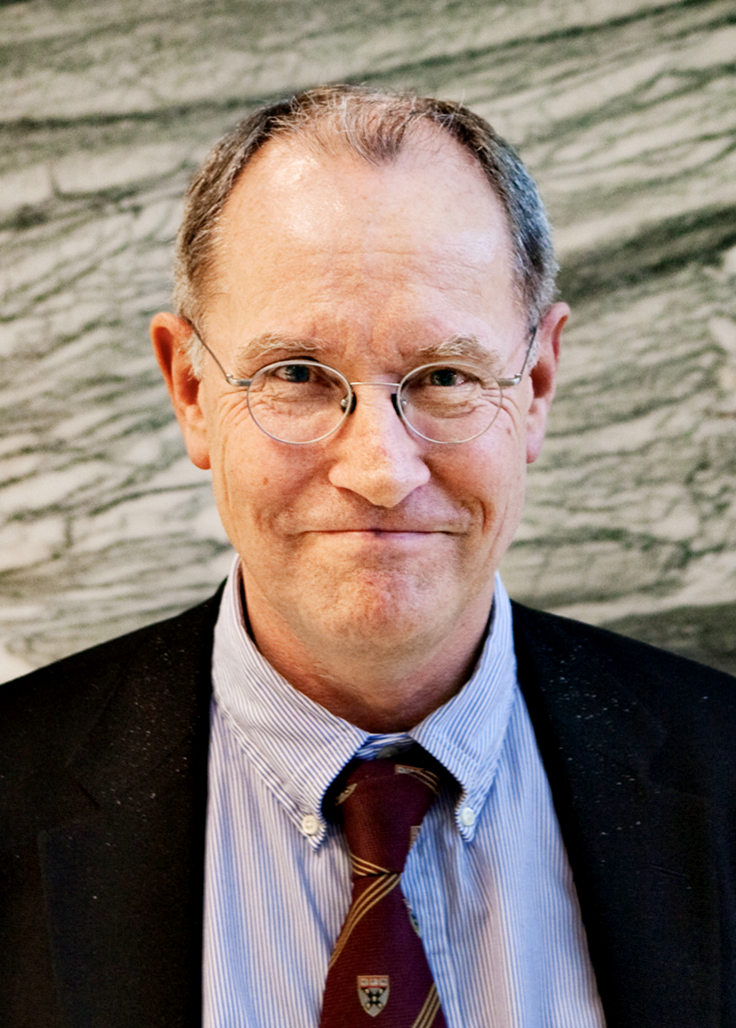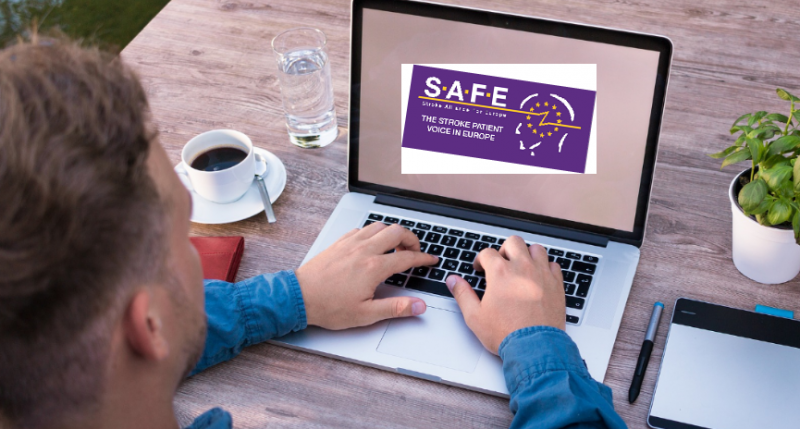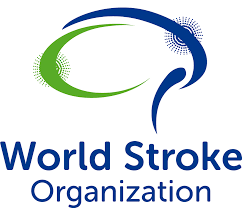
Blood-clotting protein prevents repair in the brain
Picture a bare wire, without its regular plastic coating. It's exposed to the elements and risks being degraded. And, without insulation, it may not conduct electricity as well as a coated wire. Now, imagine this wire is inside your brain. That's what happens in many...

Patients and carers expertise important for the credibility of the European Stroke Action Plan
Bo Norrving is a professor in neurology at Lund University, Sweden. He has authored more than 400 publications on clinical stroke research, including several seminal papers e.g. the Swedish Aspirin Low Dose Study, and the world’s largest study of stroke in the young....

Empowering stroke advocates through an e-learning tool
A new and exciting e-learning tool is being developed by SAFE to support Stroke Support Organisations around positive and effective stroke advocacy The Stroke Alliance For Europe (SAFE) in partnership with the European Stroke Organisation (ESO) has begun to develop a...

WSC 2018 Montreal, Canada, 17-20 October, 2018
The 11th World Stroke Congress promises to attract acclaimed experts in stroke from around the world. The congress will showcase a cutting-edge educational and scientific experience, focusing on the latest developments in stroke prevention, acute management and...

Discovery opens doors for new stroke therapy: Cause of brain sensitivity to lack of oxygen
Researchers at Maastricht University Medical Center and Maastricht University have discovered why the brain is more sensitive to oxygen deprivation, or hypoxia, than other organs. Hypoxia caused by a stroke, for example, activates a specific mechanism that is...




